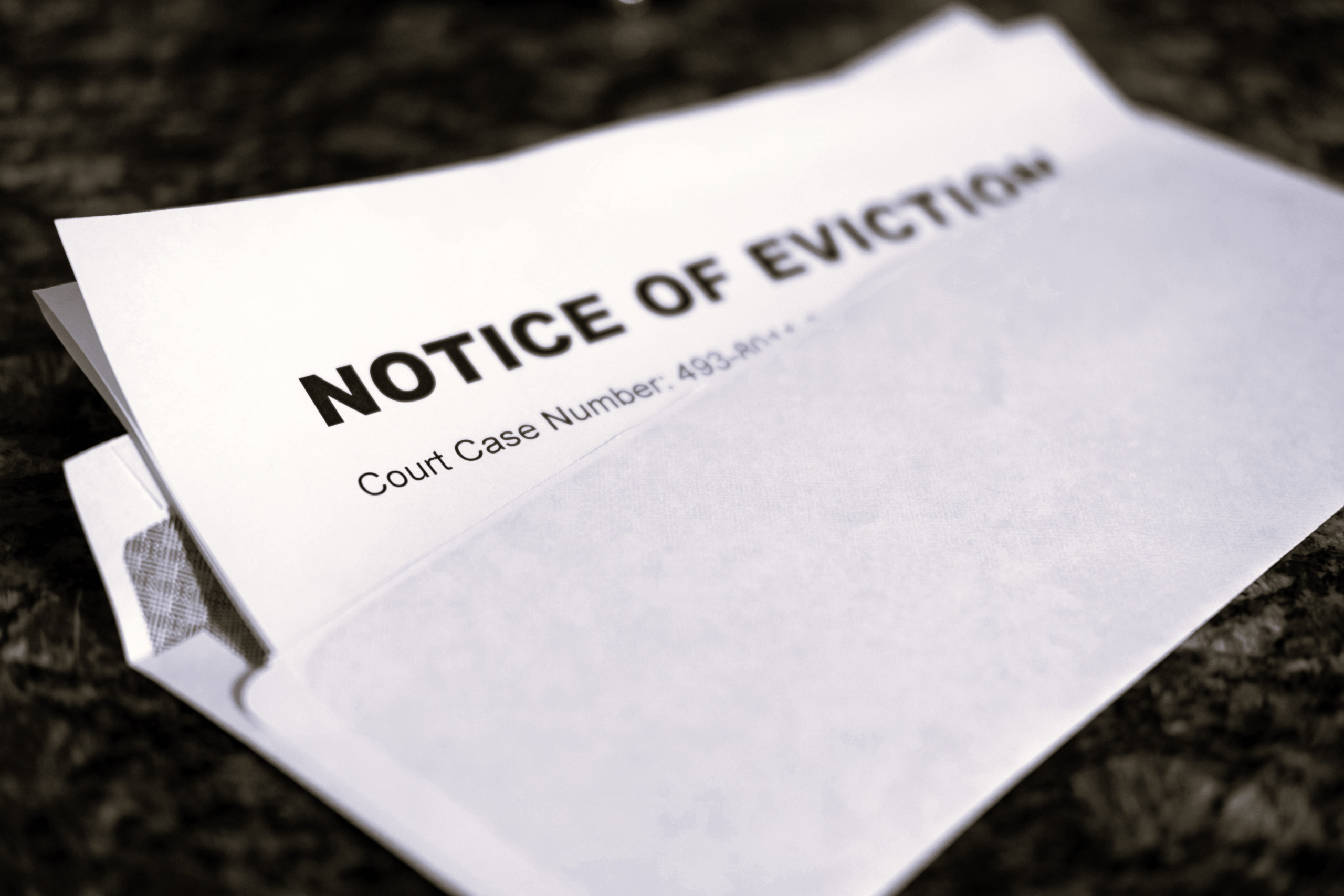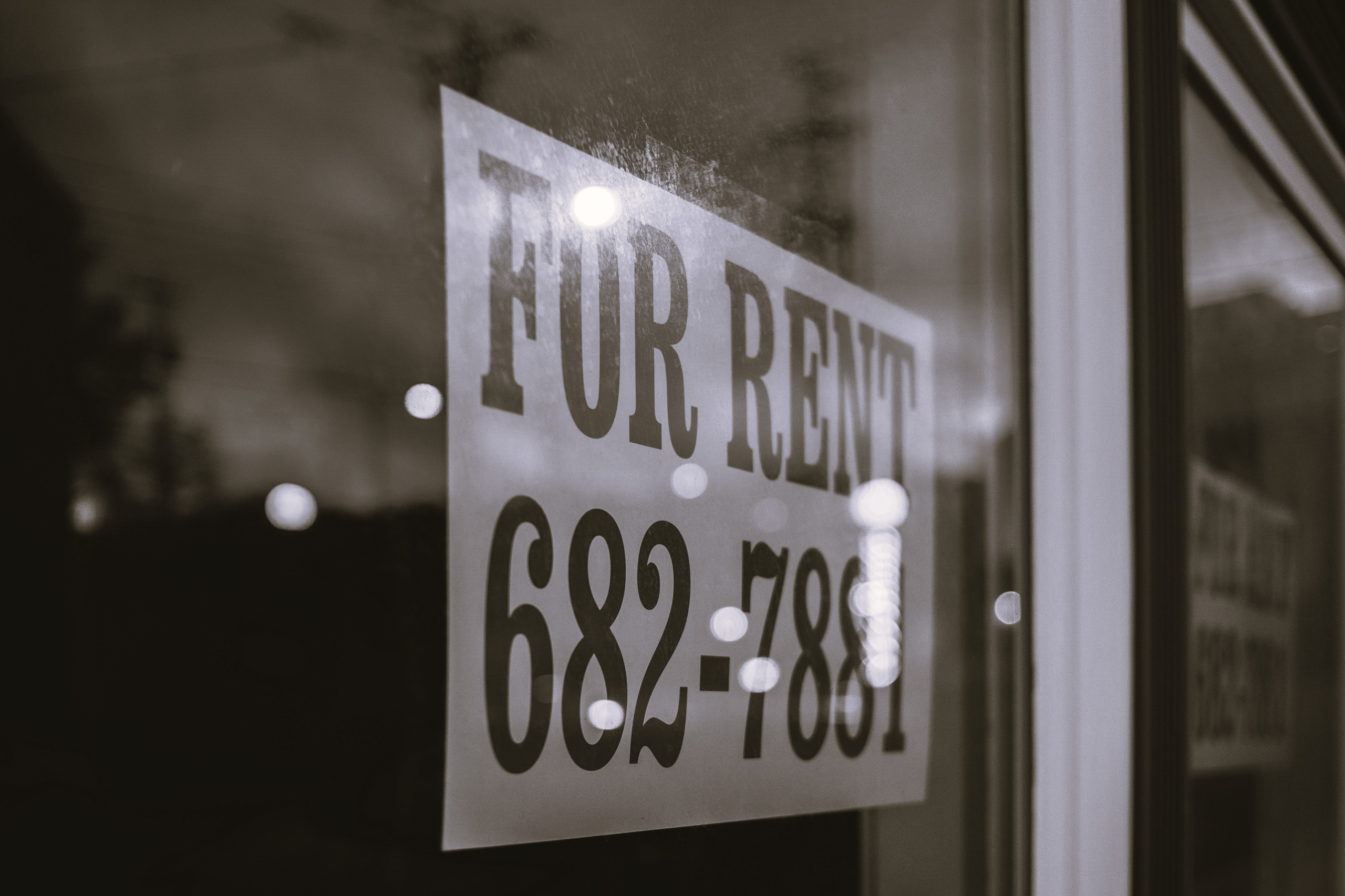Exploring the Prospects of a Right to Housing in Ireland
Emma Nic Shuibhne
Ireland has suffered from various housing issues over the last several decades, cumulating in a significant housing crisis. These issues range from high levels of homelessness, tenure instability in the private rental sector, inadequate accommodation for members of the Travelling community and the lack of affordable housing. In addition, the rise in non-fault evictions has a significant impact on individuals and communities as people are forced to live on the streets, disrupting their social connections within their communities. These issues cause a wealth of negative impacts on residents in Ireland. In particular, on children who are forced to live in homeless shelters and who experience “significant mental health difficulties” and an increased likelihood of being victims of bullying.
All these issues infringe on aspects of the right to housing (such as access, occupancy and exit rights) as developed in international human rights law. In Ireland, these issues have led to years-long campaigns for the government to agree to hold a referendum to include the right to housing in Bunreacht na hÉireann (the Irish constitution). In the current Government’s programme, they promised that they would hold a constitutional referendum on housing. In December 2021, the government created The Housing Commission, who were tasked with creating the wording for such a referendum. However, after significant delays, it seems unlikely that this referendum will occur in the lifespan of the current government. In this blog, I will outline the Irish constitutional framework, highlight several other jurisdictions with a constitutional housing right and consider what an Irish right to housing might look like, along with its possible implications.
Bunreacht na hÉireann
Bunreacht na hÉireann came into force in 1937 and is the leading source of human rights in the Republic of Ireland. While it protects many civil and political rights, important socio-economic rights such as the right to housing were excluded. Property rights are one important category of rights protected under Bunreacht na hÉireann. Under Article 40.3.2 the property rights of every citizen are protected from unjust attack. In addition, Article 43 also provides that the State guarantees to pass no law attempting to abolish the right of private ownership. However, the exercise of this right is to be regulated by the “principles of social justice”.
These property rights protections have been shown to have hindered the passing of a range of housing rights legislation. An Oireachtas Research Paper published in 2019 illustrates that Constitutional property protections are often invoked in Dáil Eireann (Irish parliament) debates on housing bills that attempt to strengthen housing rights in Ireland. This research shows that the property protections stopped the progression of these bills. These arguments have also been raised in opposition to a more recent Bill that attempts to extend notice periods when a tenant is at risk of homelessness. This may explain the delay in passing this Bill, which was first debated in Dáil Eireann on 7th December 2021. Overall, using the property rights provisions to block the development of increased housing rights protections illustrates a historical and structural lack of impetus for the legislature to develop stronger housing rights.
Constitutional Right to Housing in the International Landscape
While the right to housing is protected by International Human Rights Law in many countries, the signing and ratifying of these instruments doesn’t mean these rights are enforceable before the domestic courts. Therefore, it is still necessary to incorporate these rights into the domestic legal system. The inclusion of these human rights into the constitutional framework of a country can make these rights enforceable. Furthermore, turning a right into a “country-specific” right can instil a sense of ownership and nationalism, prompting citizens to support its development. (Koldo Casla, Presentation: The Right to Housing and other Socio-Economic Rights in the UK: Between the Pessimism of the Intellect and the Optimism of the Will, EVICT Conference January 2024, Amsterdam)
In many countries, the impact of a constitutional right to housing is crystal clear. The South African Constitution has been called transformative as it attempted to change the country’s political, legal and cultural structures following the Apartheid. Section 26 includes a justiciable right to have access to adequate housing. This right has been interpreted by the South African courts to include more than the provision of a roof over one’s head but also other rights, such as the requirement of “meaningful engagement” in contexts of proposed evictions or resettlements and the prohibition of unfair landlord practices. This shows that a constitutional right to housing has the potential to contribute to a break of the traditional paradigm which sees property rights as capable of trumping other rights.
Other countries like the Netherlands, Finland, Sweden, Spain and Portugal also have constitutional housing rights provisions. In the Netherlands, the right to housing is assured by both the Dutch Civil Code and the European Convention on Human Rights. The combination of both has proved to offer a range of tenant protections. In Finland, the constitution contains a right to accommodation if life or health is in danger without arranged accommodation. The Finnish legislature has used the constitutional right as a stepping stone to base new legislation.
Interestingly, the Spanish experience raises some doubts about the utility of a constitutional right to housing. While in theory the right exists, the Spanish housing crisis over the last several decades leads to questions as to the success of this right. Despite this, it has helped to foster some positive changes, particularly as civil society organisations, such as Plataforma de Afectados por la Hipoteca (PAH; Platform for People Affected by Mortgages) have used the right to housing as a way reframe the mortgage crisis, by presenting it as occurring due to unfair mortgage agreements rather than the faults of individuals. Moreover, Ada Colau, who helped to set up PAH, was elected mayor of Barcelona in 2015 and, since then, brought in a range of local policies that strengthened the position of the right to housing in the city.
An Irish Version of the Right to Housing
By looking at how other countries have created their right to housing provisions, we see that the wording of the Irish referendum has a lot to live up to. We have been anticipating that the Commission for Housing would issue their proposed wording of the referendum in 2023. However, we are still awaiting this. The recent referenda in Ireland concerning family and care highlighted the significance of precise legal phrasing. The wording of that proposed new constitutional provisions attracted widespread dissatisfaction. In particular, it has been argued that the wording was chosen to “avoid a concrete and mandatory” State obligations and that it would ultimately leave people with less protections. This led to a subsequent outright rejection of the provisions. As such, the drafting the proposed housing provision will need to live up to many expectations. Admittedly, there has already been some controversy in relation to the drafting of this referendum. On top of the one-year delay, in mid-2023, it was reported that there were internal conflicts within the Housing Commission over the referendum proposal.
Moreover, considering the difficulties in clarifying human rights obligations, it is unsurprising that there have been delays and difficulties in creating this proposal. On one hand, it must not be too vague as to be meaningless; it must be worded in a manner that ensures people can engage and avail of the right. On the other hand, it is important not to make it overly specific such that it excludes some key elements of the right to housing.
There are arguments to suggest that protections already exist within the Bunreacht that could be used to protect housing rights. Casey argues that the Irish state should “test the bounds of their existing constitutional authority” before pursuing a referendum on the right to housing. Crummey also makes the case that Article 40.5 would be implicated in cases where the court needs to decide if “law requires them to enforce evictions against tenants.” As such, it could be argued that if there was sufficient political will and/or judicial creativity, perhaps the right to housing could be protected under the Bunreacht as it currently is.
However, we see that the Irish Supreme Court is reluctant to overstep its bounds in the realm of socio-economic rights, claiming that due to the separation of powers, it is not able to adjudicate on issues that would impede the executive’s budgetary powers. In addition, as discussed above, the government opposed or resisted at least 12 Bills on housing protections on the basis of private property rights.
As a result, we see a lack of political and judicial will to further strengthen a right to housing without a constitutional referendum. As community activist Rita Fagan aptly described, the purpose of the constitution is to provide a set of principles that instruct the government on how to look after citizens. This is exactly what is needed in Ireland: guidelines to ensure successive governments are forced to commit to solving the housing crisis. By including a right to housing in the Bunreacht, we take housing out of the realm of politics and into the realm of rights.
The benefits of having a Constitutional Right to Housing
There are several benefits to having a right to housing. Firstly, it has been argued that a stand-alone right to housing in the constitution could counter the strong right to property provisions. By having a constitutional right to housing, the legislature, executive, and judiciary would be forced to take the right to housing seriously when attempting to balance it with the right to property, for example, in eviction or home repossession disputes. The legislature and executive would be obliged to create legislation, regulations and action plans that reflect their constitutional obligations.
Secondly, creating a constitutional right to housing can function as a rallying point, whereby people are more empowered and can pressure the government to ensure they create legislation and regulations that align with the constitution and create a more equal society. As Lucy A. Williams points out, “the universality and moral force of human rights discourse assists in giving meaning and content to housing rights by exposing the social construction of poverty and by shifting the focus from individual fault” to recognition of institutional and structural failings. While many civil society organisations in Ireland are already pushing and campaigning to achieve this, a constitutional right to housing would strengthen these efforts and improve outcomes for the most vulnerable.
Conclusion
Even if the right to housing is included in the constitution, political will and judicial engagement are needed to make this right effective in Ireland. But nevertheless, a constitutional right to housing seems to be a positive way forward, and perhaps a beacon of some hope that things will improve. It would also be good for civil society organisations as they would have something concrete to rely on to defend their position and pressure the legislature and executive into action. However, the next Irish general election is not until March 2025, so we may wait until at least 2026 before this referendum comes to fruition.






